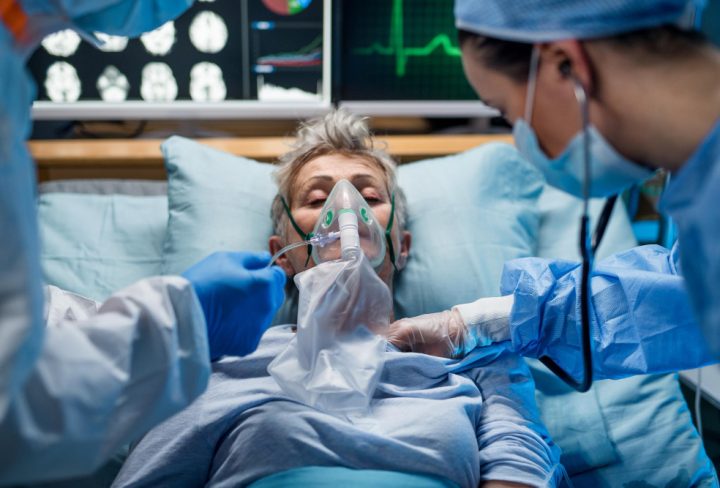Introduction
Cardiac arrest during anesthesia is a rare but serious event. It happens when the heart suddenly stops beating while a person is under anesthesia. This can occur during surgery or other medical procedures. Although anesthesia complications are uncommon, they can lead to emergencies in the operating room. Understanding the causes and risks helps patients feel more informed and prepared. In this blog, we explain what cardiac arrest during anesthesia means, its causes, and how medical teams work to keep patients safe.
What is Cardiac Arrest During Anesthesia?
Cardiac arrest means the heart stops pumping blood to the body. During anesthesia, this can happen because of how the body reacts to medicines or the stress of surgery. When the heart stops, blood and oxygen cannot reach the brain and other organs. This is a medical emergency. Quick action is needed to save the patient’s life. While rare, cardiac arrest during anesthesia is a serious complication that doctors and nurses are trained to handle.
Common Causes of Cardiac Arrest During Anesthesia
Several factors can lead to cardiac arrest during anesthesia. Some causes are related to the patient’s health, while others are linked to the procedure or medicines used. Here are the most common causes:
According to the World Health Organization (WHO), these causes are rare but important to watch for during surgery.
Risk Factors and Who Is Most at Risk
Not everyone has the same risk for cardiac arrest during anesthesia. Some people are more likely to have problems. These risk factors include:
For example, children and elderly patients may have higher risks. People with chronic health problems also need extra care. Because of this, doctors review your medical history before surgery to lower your risk.
Warning Signs and Symptoms to Watch For
During surgery, patients are usually asleep and cannot report symptoms. However, medical teams watch for warning signs of cardiac arrest, such as:
Because these signs can appear quickly, the team monitors patients closely throughout the procedure. Early detection is key to a good outcome.
How Medical Teams Respond to Cardiac Arrest in the Operating Room
If cardiac arrest happens, the medical team acts fast. Their response includes:
Operating room emergencies like this are rare. Still, teams practice these steps often to stay ready. According to the CDC, quick action can save lives and reduce complications.
Prevention: How Anesthesia Teams Reduce the Risk
Preventing cardiac arrest during surgery is a top priority. Anesthesia teams use many steps to keep patients safe, such as:
Because of these safety steps, anesthesia complications are much less common today than in the past. If you have concerns, talk to your doctor before surgery to understand your risks and how they are managed.
Frequently Asked Questions (FAQ)
Conclusion
Cardiac arrest during anesthesia is rare but serious. However, medical teams are well-trained to handle these emergencies. Because of modern safety steps, most surgeries are safe. If you have concerns about anesthesia risks, consult a qualified healthcare provider for personalized advice.
